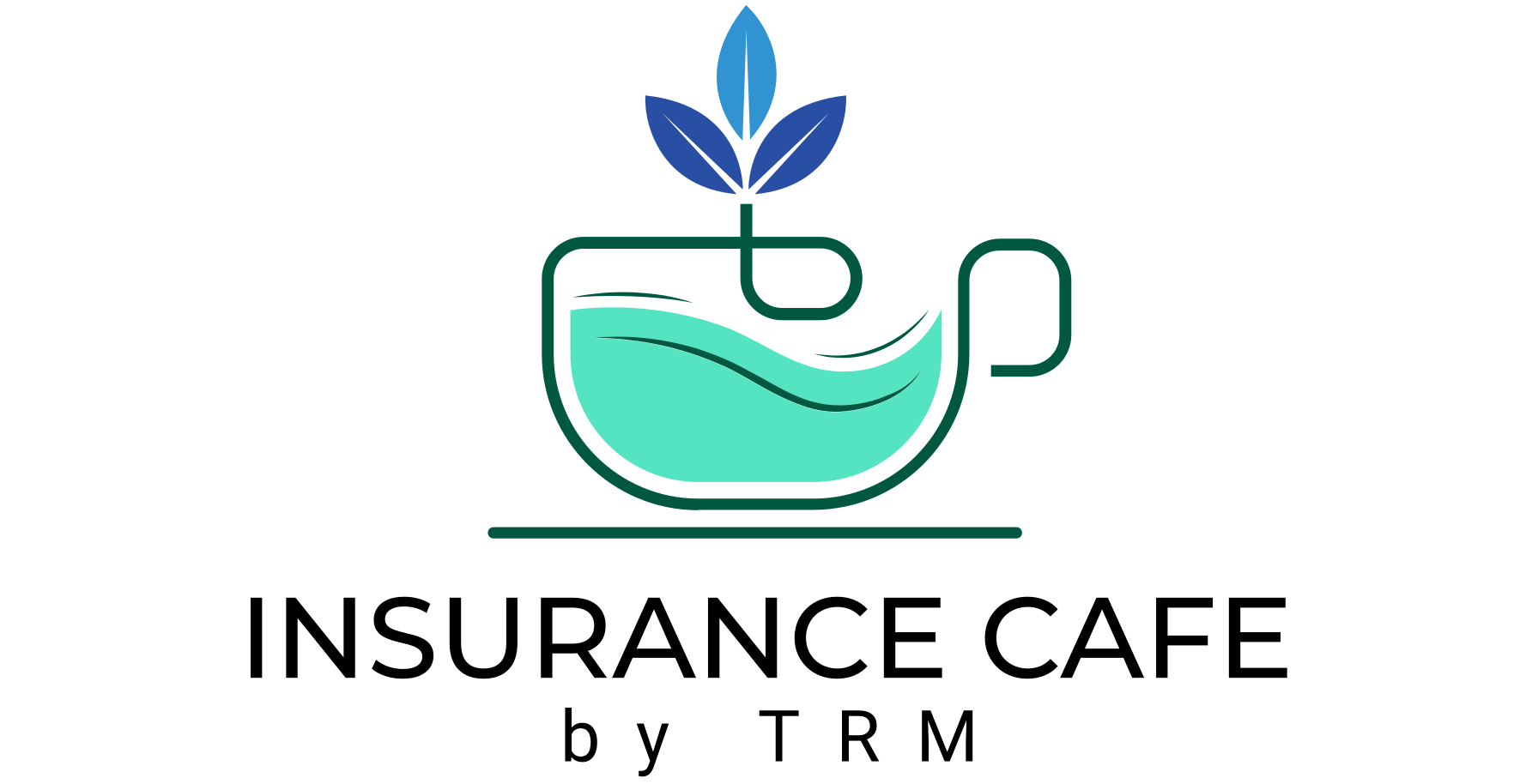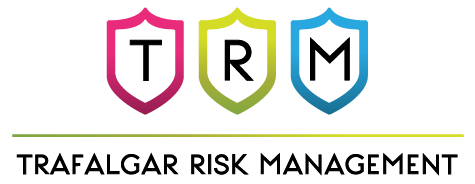22 Nov 2023 --- Nestlé UK and Ireland has committed a £7 million (US$8.7 million) investment in establishing Impact Recycling’s “breakthrough plastic recycling plant in Durham, UK. The upcoming facility is geared toward processing challenging-to-recycle flexible plastics, commonly found in food packaging, utilizing a new method known as the Baffled Oscillation Separation System (BOSS).
The BOSS system, a technological advancement in waste management, employs a distinctive approach by spinning waste plastics in water. This method, based on density, allows materials to either sink or float, streamlining the sorting process and facilitating efficient recycling.
The facility, slated to commence operations in late summer 2024, aims to process 25,000 metric tons of hard-to-recycle plastics, producing pellets suitable for creating new flexible products like postbags and refuse bags.
Reportedly, the facility’s operational capacity positions it to exceed the volume of flexible plastic packaging introduced by Nestlé UK and Ireland into the market. Impact Recycling’s plant will target the collection of specific Nestlé products, including packaging from well-known brands such as KitKat, Purina, Rowntree and Nestlé Cereal.
Major supermarket collection points will be designated for collecting these materials, bolstering the recycling process. Nestlé’s financial commitment and a grant from Innovate UK will pave the way for the plant’s timely completion, according to the company.
 Impact Recycling’s plant will target the collection of Nestlé products, including KitKat, Purina, Rowntree and Nestlé Cereal.“In the UK and Ireland, our efforts continue at pace to ensure as close to 100% of our packaging is designed for recycling by 2025, and we continue to work toward all of our packaging being recyclable or reusable, says Sokhna Gueye, head of packaging at Nestlé UK and Ireland.
Impact Recycling’s plant will target the collection of Nestlé products, including KitKat, Purina, Rowntree and Nestlé Cereal.“In the UK and Ireland, our efforts continue at pace to ensure as close to 100% of our packaging is designed for recycling by 2025, and we continue to work toward all of our packaging being recyclable or reusable, says Sokhna Gueye, head of packaging at Nestlé UK and Ireland.
“It is fantastic to see our packaging given a second life and we are looking at many partnerships to help encourage the collection and recycling infrastructure in the UK.
Hits and misses
Nestlé’s commitment to innovation and sustainable solutions for plastic packaging aligns with its overarching goal to design nearly 100% recyclable packaging by 2025. According to the company, the collaboration with Impact Recycling marks a stride in Nestlé’s journey toward promoting a circular economy for packaging materials.
Recently speaking to Packaging Insights, Jodie Roussell, global public affairs lead for Packaging & Sustainability at Nestlé, acknowledged that the Ellen MacArthur Foundation’s recent progress report, indicating potential failure of 2025 targets by businesses, is not surprising.
Despite overall solid performance, Roussell noted that achieving 100% recyclable or reusable targets is challenging for Nestlé, citing heightened scrutiny due to the necessity for food-grade plastic. She emphasized Nestlé’s unique challenges, as its products demand different materials compared to household or pet food packaging.
Roussell also stressed that Nestlé’s total packaging footprint decreased from 4.7 million metric tons in 2018 to 3.6 million in 2022. “We’re aware that despite strong performance as a whole, likely the group of signatories won’t make the target of 100% recyclable or reusable, she said.
Meanwhile, David Walsh, CEO of Impact Recycling, expressed gratitude for Nestlé’s instrumental role in making the recycling venture possible: “We are delighted to partner with Nestle on this initiative to develop a 25,000-ton commercial recycling plant for post-consumer flexible plastic. Without the funding from Nestlé, this development would not have been possible.
“Through this funding, Nestlé demonstrates its unwavering commitment to innovation and the pursuit of sustainable solutions for plastic packaging.
Paul Davidson, Smart Sustainable Plastic Packaging Challenge director at Innovate UK, also commended the project’s contribution to increasing the UK’s capacity to recycle flexible plastic packaging.
“Driving innovation to increase the UK’s capacity to recycle flexible plastic packaging is a priority area for the Smart Sustainable Plastic Packaging Challenge and this facility is a great step toward the UK meeting its Plastic Pact targets, says Davidson.
In other news, Nestlé is facing legal action over recyclability claims on its PET bottles in the EU.
By Radhika Sikaria
To contact our editorial team please email us at editorial@cnsmedia.com
If you found this article valuable, you may wish to receive our newsletters.
Subscribe now to receive the latest news directly into your inbox.







 Wordpress
Wordpress





